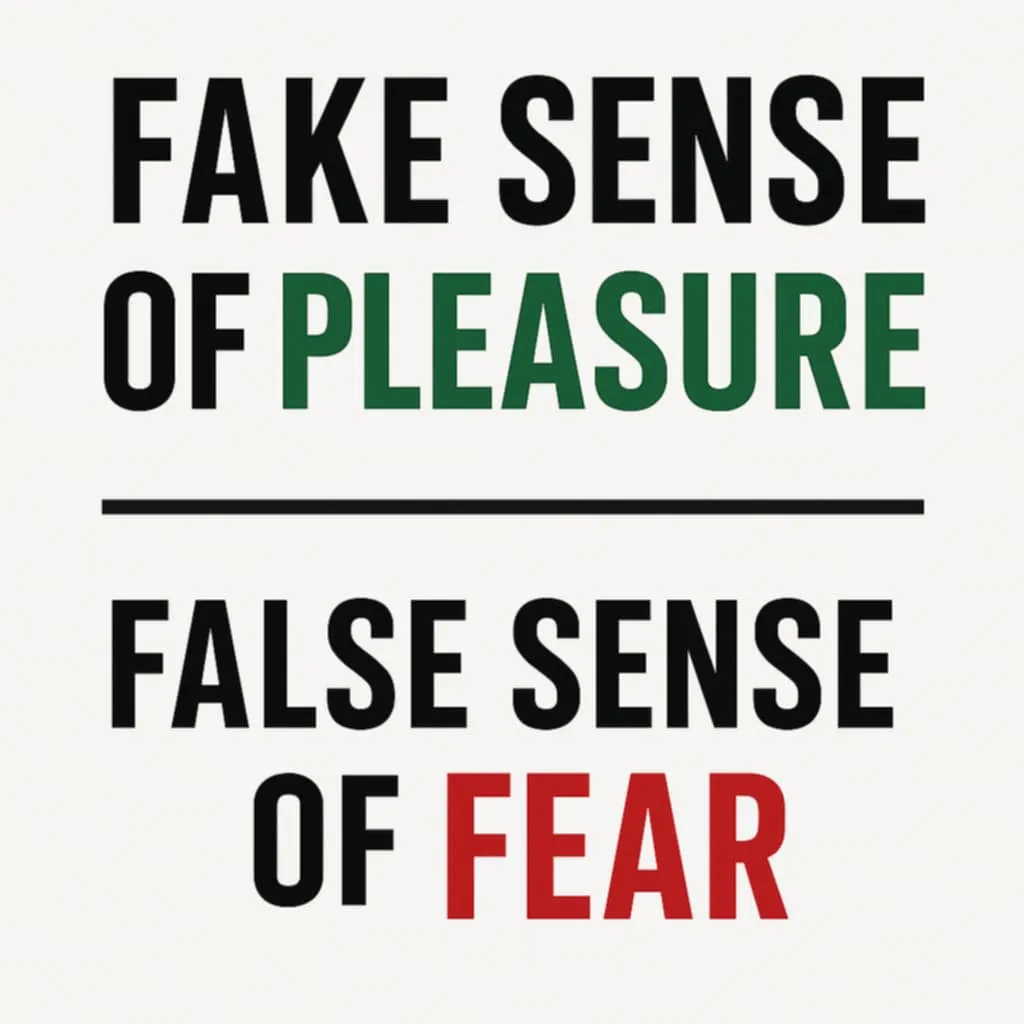Beyond the Trade: Breaking Free from the False Pleasure and Fake Fear of Money
By Evan O’Hara ·
Quick summary: A practical, biblical approach to the Christian day trading mindset (supporting theme: faith and finance): name the dopamine-driven false pleasure of wins, the fake fear of losses, and use a “Money Time” boundary to guard your heart.
- Primary theme: Christian day trading mindset (supporting: faith and finance).
- Problem: tying identity and mood to P&L (serving mammon).
- Solution: time-boxed Money Time + redirect phrase to stop rumination.
- Outcome: more peace, presence, and process-faithfulness.
Introduction
In a world driven by profit and performance, it’s easy to feel like our worth is tied to our net worth. Jesus said, “Ye cannot serve God and mammon” (Matt. 6:24, KJV). For those whose work is tied to financial outcomes, this isn’t theoretical—it’s daily reality. As a day trader, I’m learning to put money back in its place: as a tool, not a master. This Christian day trading mindset helps me trade with wisdom while guarding my heart.
The False Idol of Mammon
The Greek idea behind mammon personifies money as a false master. Serving money doesn’t only mean handling currency— it means submitting to a rival value system that promises security, power, and self-sufficiency. Faith calls us to love, generosity, humility, and trust in God.
Without noticing, we can start “serving mammon”: endlessly chasing more, justifying anxiety over losses, and letting gains inflate our identity. Ironically, the more we seek security in money, the less peace we experience. True security is found elsewhere.
The Emotional Rollercoaster: False Pleasure & Fake Fear
High-frequency outcomes create a potent feedback loop. A green trade triggers dopamine—a false pleasure that convinces us “more money = more happiness.” Red trades fire the threat system, producing fake fear even when the loss isn’t existential. Over time, we attach mood and identity to P&L—letting money’s rise and fall rule our inner life.
Key idea: Your balance sheet is a tool for decisions, not a verdict on your value.
A Practical Solution: The “Money Time” Rule
We don’t avoid money; we time-box it. I confine trading and P&L review to two windows: 9:25–9:50 a.m. for entries/exits and ~3:30 p.m. for closing/admin. Outside those windows, I close the mental gates.
Reflection Questions
- What specific moments make me feel the false pleasure after a win? How can I celebrate differently?
- Which losses trigger fake fear out of proportion to reality? What does a truth-based response look like?
- What boundary (time, place, device rule) will I commit to for Money Time this week?
Conclusion: Reclaiming Our Peace
This isn’t denial; it’s discipleship of attention. By setting clear boundaries, we train the mind to see money as a managed tool. The Christian day trading mindset rejects the false promises of mammon and reclaims peace not tied to P&L. Our value is not pegged to market ticks.
Explore more Faith & Finance essaysScripture that Grounds This Mindset (KJV)
Matthew 6:24
“No man can serve two masters: for either he will hate the one, and love the other; or else he will hold to the one, and despise the other. Ye cannot serve God and mammon.”
Matthew 6:33
“But seek ye first the kingdom of God, and his righteousness; and all these things shall be added unto you.”
1 Timothy 6:10
“For the love of money is the root of all evil: which while some coveted after, they have erred from the faith, and pierced themselves through with many sorrows.”
Philippians 4:6–7
“Be careful for nothing; but in every thing by prayer and supplication with thanksgiving let your requests be made known unto God. And the peace of God, which passeth all understanding, shall keep your hearts and minds through Christ Jesus.”
Scripture quotations are from the King James Version (Public Domain).
FAQs
How does a Christian approach day trading without idolizing money?
By adopting deliberate boundaries (e.g., Money Time), practicing contentment, and measuring success by faithfulness to process—not by daily P&L.
Is “mammon” just money?
It signifies money personified as a rival master. The warning is about allegiance—who rules your heart.
What if I still feel anxious after losses?
Use the redirect script, step away from screens, breathe, pray Philippians 4:6–7, and return during your next scheduled review window.
